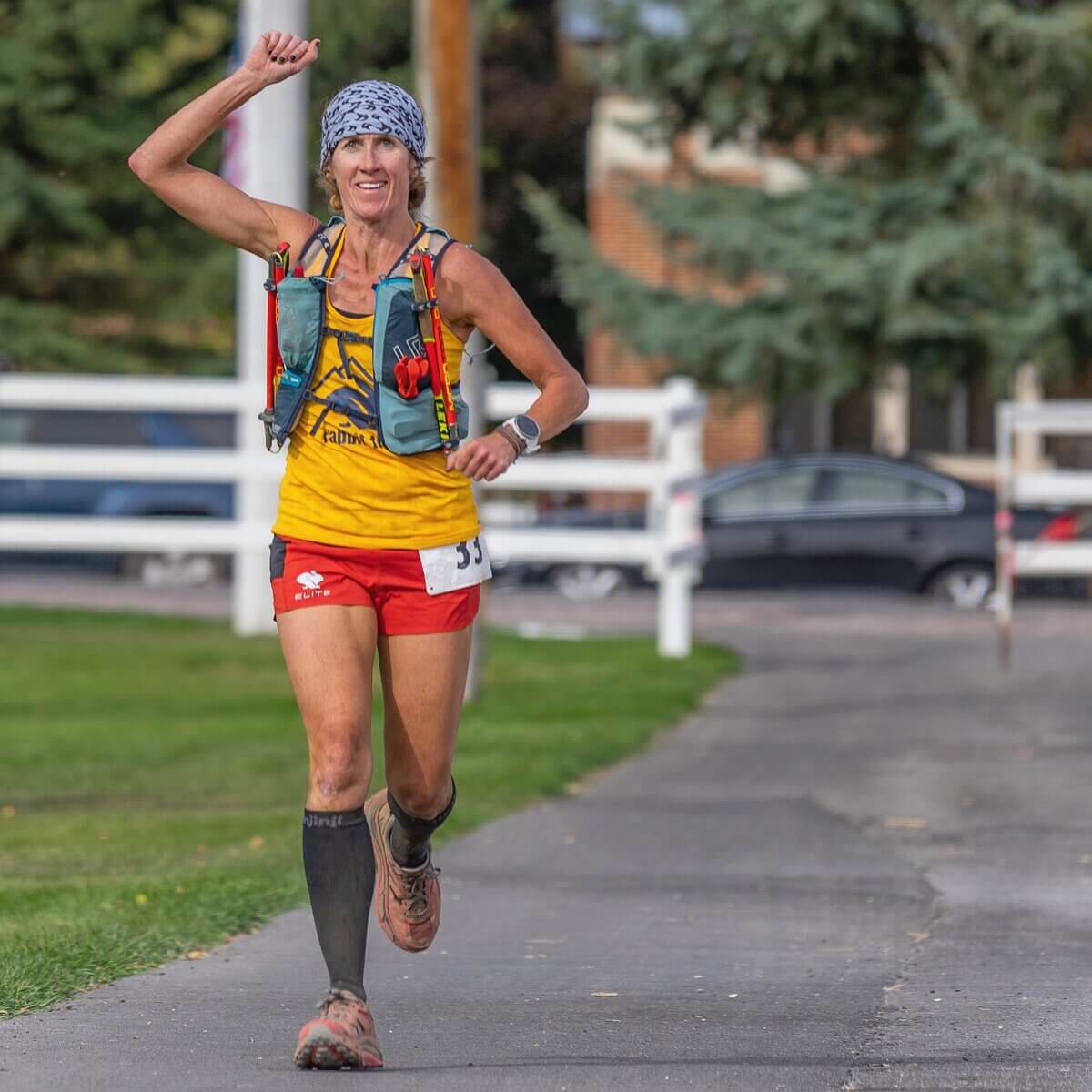By Tara Warren
Tara Warren is an ultrarunner who lives in northern Utah with her hubby, two tween boys and pup. She loves mountain running and sharing what she’s learned in the sport as a run and endurance coach. You can find her @runwithtara.
August 22, 2022
By Tara Warren
Tara Warren is an ultrarunner who lives in northern Utah with her hubby, two tween boys and pup. She loves mountain running and sharing what she’s learned in the sport as a run and endurance coach. You can find her @runwithtara.

Practicing your fueling strategy is the most important piece of the puzzle when competing in Ultra Marathons. There are many options to do this as well as many opinions. Try several to see what works for you. Some people enjoy solid foods, others prefer liquid calories or many a combination of both. Don’t be afraid to try different strategies and find one that works for you. As you narrow down your search, consistency is the key with making sure you are teaching your body how to make good use of what you are taking in so you can be prepared for race day.
We all love chasing PRs during training. Those PRs become emotional reinforcement that get us through the hum-drum of some training blocks. Careful getting caught up in training at too high of an intensity for shorter bursts of speeds. The body needs lower intensity training runs to more distinctively build the endurance base. Many times these efforts are categorized as zone 1 or zone 2 efforts. At times, this lesser intensity may feel like you are not getting anywhere or making progress, however in doing so, you build endurance, durability, and strength. In addition, these easy training sessions help build capillary pathways that transport oxygen to your muscles and carry waste (lactate) away from your muscles.
Don’t over pack your gear when you are planning your race day kit. Keep things as light as possible especially if there are multiple close aid stations along the way. Be a responsible participant and research the conditions which include: weather, elevation, sunrise/sunset and where you will be what time of the day. Doing the leg work in this part of the preparation will help you be more connected to the race, but also prepared no matter the conditions.
There is nothing quite like the boost of the crowd or from the people you love as you hit the aid stations along the race route. Have an idea before starting your race of how much time you’d like to spend in each aid station and stick to it. If you need to write down what you need to happen at each aid station to create more efficiency, do it. Maybe have extra hydration bottles/flasks preloaded with fuel so your crew or volunteers shave time by just adding water to them. Anticipate what you will need to pack and take back on the route with you at each stop. The quicker you flow through these stops the faster you’ll finish.
Volunteers are the heart of our sport. Make eye contact and thank those around you helping out. From the people timing, preparing, and serving food, helping at medical or locating your drop bags. Saying thanks goes along way and reminds us how unique and community-based our sport truly is.
These are the first 5 things that come to mind as I coach athletes preparing for their first ultras. What other tips would you share with those preparing to do the same? Share them with me at @runwithtara.